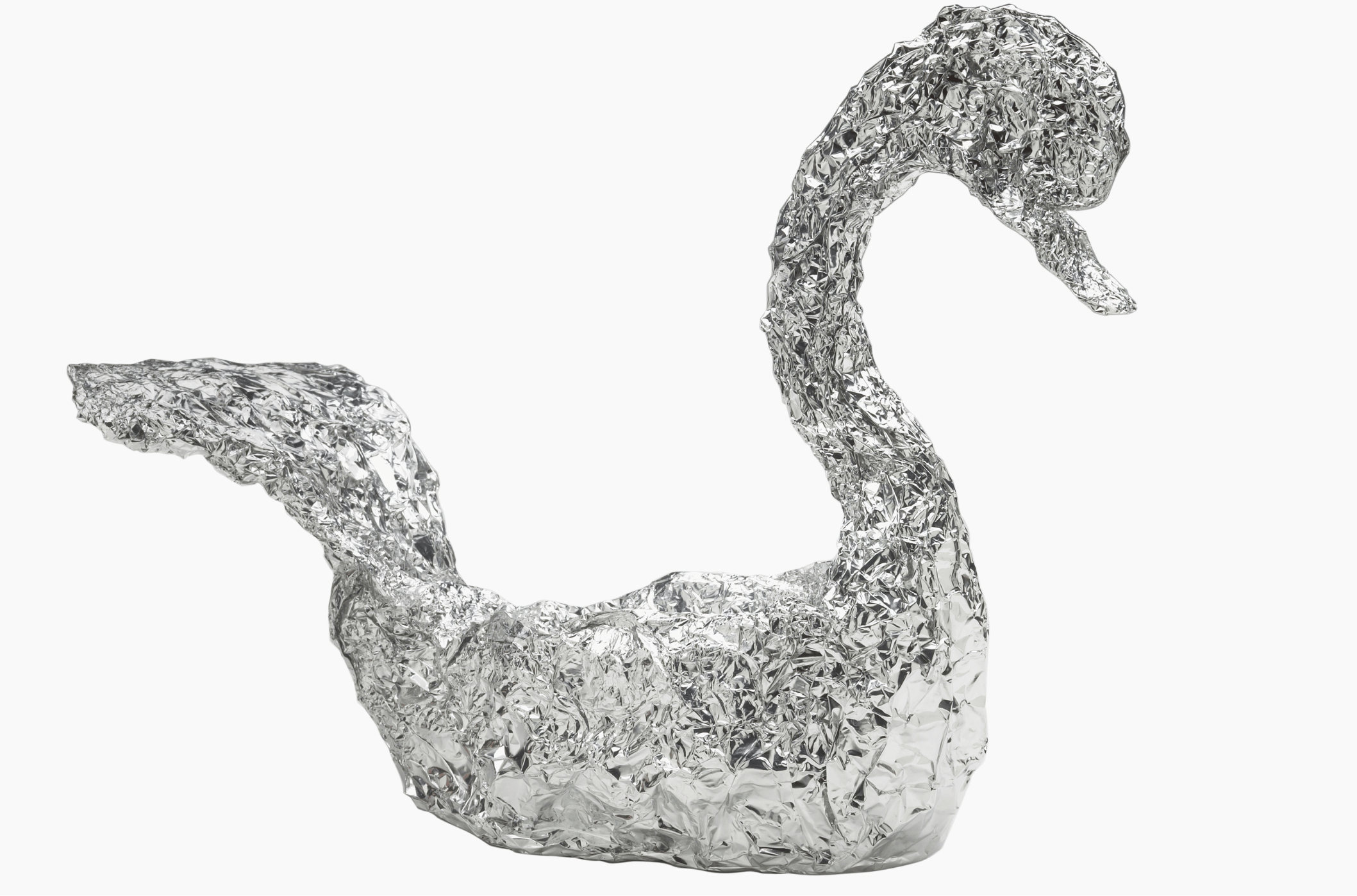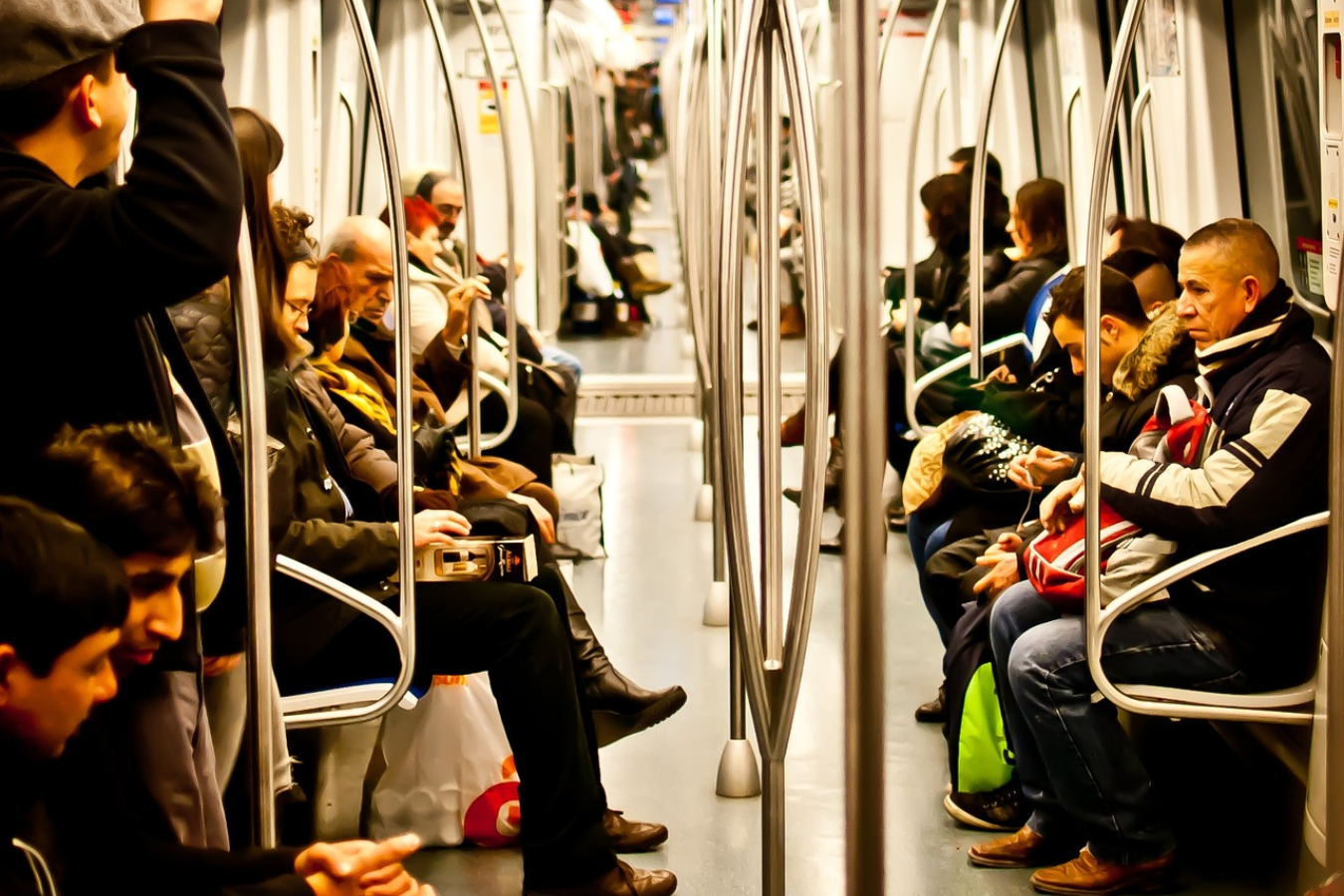What are doggy bags and what is their origin?
Doggy bags are an excellent option to avoid throwing away the leftovers we leave behind in restaurants. During World War II, food shortages in the United States led to the implementation of practices to reduce food waste. Many restaurants opted to offer customers paper bags to take leftovers home to feed their pets. Over time, these doggy bags became widespread in the country and customers began to use them to consume the leftovers themselves at home.
Today, packing leftovers has even become an art in some U.S. restaurants. There are establishments where waiters wrap the leftovers in aluminum foil in the shape of swans or seahorses. However, the custom of taking food out of the restaurant is not so deeply rooted outside this country, and in many places this practice is stigmatized.
For example, a study conducted in 2018 showed that in New Zealand only 5% of customers who left half their food on their plate asked for it to be packed away. In South Korea, serving a large amount of food in restaurants is considered a sign of hospitality, but taking leftovers home is frowned upon. The situation is not much better in Europe, where people are often embarrassed to ask for a Tupperware in a restaurant.

Food waste is a huge global problem
One third of the food produced in the world is wasted. This is a major public policy problem, which is why "responsible production and consumption" has been included in the 17 United Nations Sustainable Development Goals. For this reason, multiple campaigns have been launched in recent years to promote doggy bags outside the United States. Some countries such as Spain have even passed laws requiring restaurants to offer bags and boxes to customers for leftovers.
Since much of restaurant food waste occurs at the consumer level, it is vitally important that the habit that began decades ago in the U.S. spreads around the world. But this is not enough. There are still more practices we can do when eating out to avoid this problem.

Do you know Biosphere Sustainable?
One option is to preferably go to restaurants that apply criteria of responsible production and consumption, that prioritize the purchase of local products or that control and report on the management of their waste. In Biosphere Sustainable you can find a list of restaurants committed to these causes all around the world. All the tourism businesses listed here have been certified for their sustainability efforts.
One example is the restaurant Aiyanna Ibiza. Here customers can enjoy beautiful views of the Mediterranean Sea while dining in a place that stands out for its good practices. Among other things, it encourages the use of compost, recycles food waste correctly and plans menus to ensure minimal food waste. In addition, they use seasonal produce from nearby local gardens and buy from suppliers who follow agricultural policies that respect animals and the environment.
Too Good to Go
Finally, you can be part of initiatives that fight against food waste such as Too Good to Go. This is a movement that was born in Denmark in 2016 and already has more than five million users in nine European countries. It is a free app that allows you to get quality food at a cheaper price. Basically, you buy leftover food from establishments such as restaurants, supermarkets, hotels or greengrocers, preventing it from ending up in the trash.
Thanks to Too Good to Go the consumer gets to buy at a good price, companies can sell their surplus and less food is thrown away. It's a win-win situation. What's more, it's simple to use. All you have to do is download the app, choose an establishment you like, place your order, pay through the app and pick it up at the established time.













